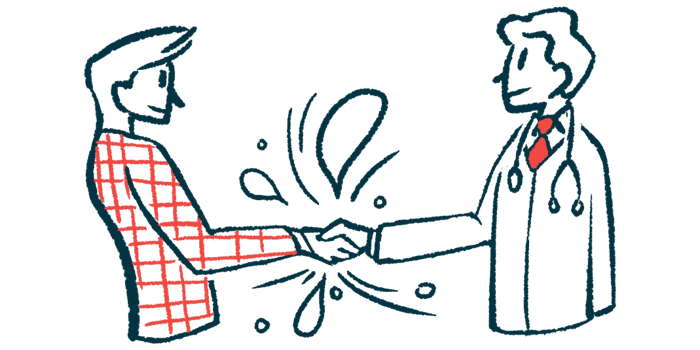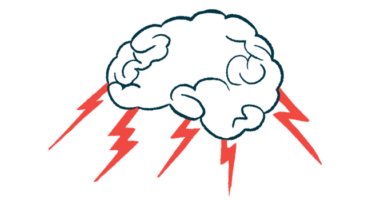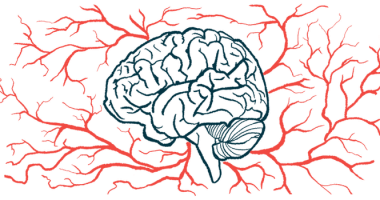Companies Partner on Tech for Finding Best Time to Take Medication

Two European pharma companies have teamed up to create a technology platform that will help people with Parkinson’s disease find the best time to take their medication and make personalized adjustments to their treatment schedules.
Gerresheimer AG is partnering with Finnish MedTech start-up Adamant Health Oy on new technologies that aim to help patients to determine the optimum timing for their Parkinson’s therapies.
“Our common goal is to optimize the treatment of Parkinson’s and to improve the patient’s quality of life dramatically,” Dietmar Siemssen, CEO of Gerresheimer, said in a press release.
“The investment is part of our strategic expansion into personalized drug delivery devices combined with platform-based and digital disease monitoring,” Siemssen said.
Parkinson’s is caused by the death and dysfunction of cells in the brain that are responsible for making dopamine, a chemical messenger or neurotransmitter that nerve cells use to communicate with each other and with other parts of the body. The mainstay of treatment for Parkinson’s is levodopa and its derivatives, which broadly work to replace the lost dopamine.
Using these therapies requires precision in timing: if doses are given too far apart, they may not adequately control symptoms. However, taking doses too close together may increase the risk for troublesome side effects like dyskinesia (uncontrolled movements).
Gerresheimer, a German company that makes packaging and delivery systems for medications, already sells a micropump called D-Mine that aims to help Parkinson’s patients manage the timing of treatments.
The new collaboration will make use of sensor technology being developed by Adamant Health. Most sensors used to evaluate Parkinson’s now only track changes in movement related to the disease’s motor symptoms. According to Gerresheimer, Adamant’s system goes a step further by linking movement-sensing with surface electromyography — which measures the electrical activity in nerves and muscles via a sensor on the skin.
Under the collaboration, Adamant’s sensor system will be paired with personalized medical treatment solutions such as the D-Mine micropump sold by Gerresheimer. The ultimate goal is to use data on symptom severity to give real-time feedback on treatment timing for patients and healthcare professionals, and to allow precise therapy adjustments
“We are expecting the number of people with Parkinson’s to more than double within the next 30 years,” said Paulus Carpelan, CEO of Adamant Health. “Our measurement and analysis service with its unique technologies aim to help individualizing therapies and consequently to improve patients’ quality of life significantly.







